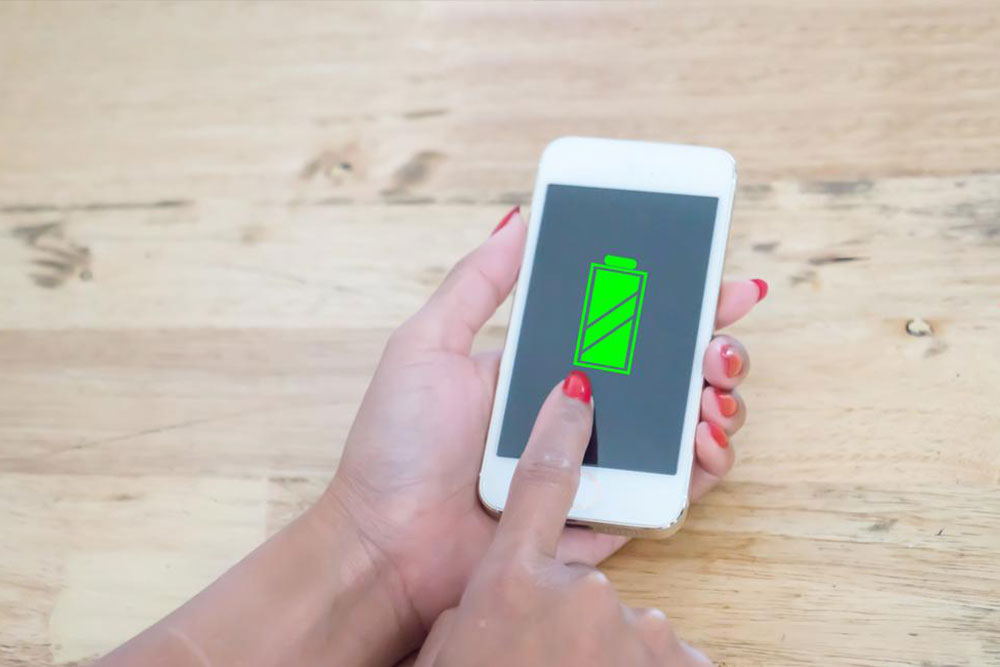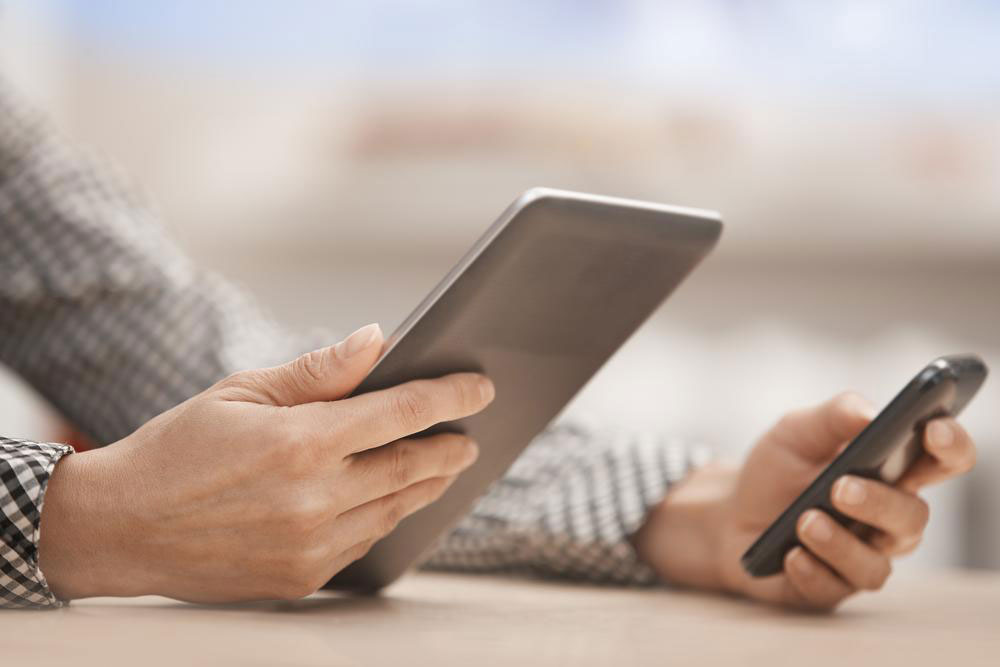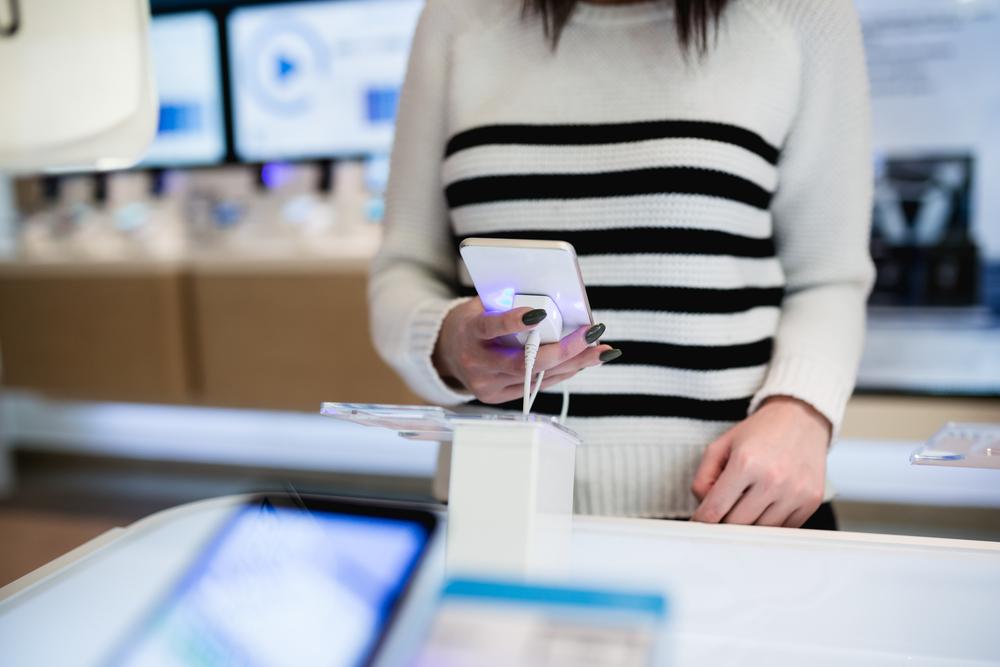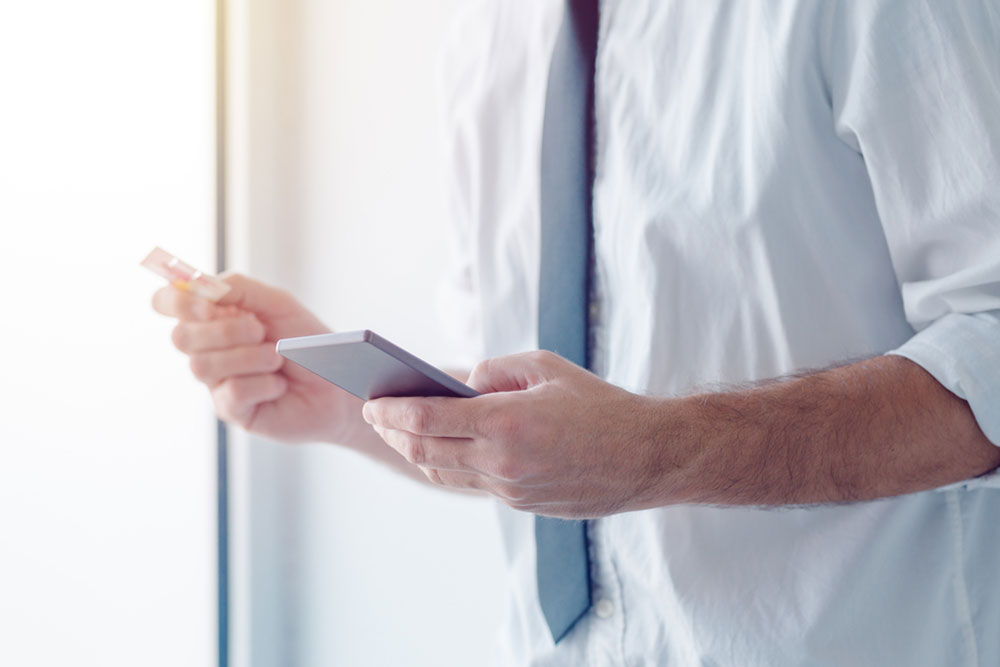Ultimate Guide to Buying Reliable Used iPhones at the Best Prices
Discover expert tips for purchasing reliable used iPhones at the best prices. Learn how to verify carrier compatibility, check device history, assess condition, and ensure authenticity for a confident, cost-effective buy. This comprehensive guide helps you avoid scams and choose the right device for your needs, whether buying online or locally. Unlock the secrets to smart secondhand iPhone shopping and enjoy a high-quality device without overspending.
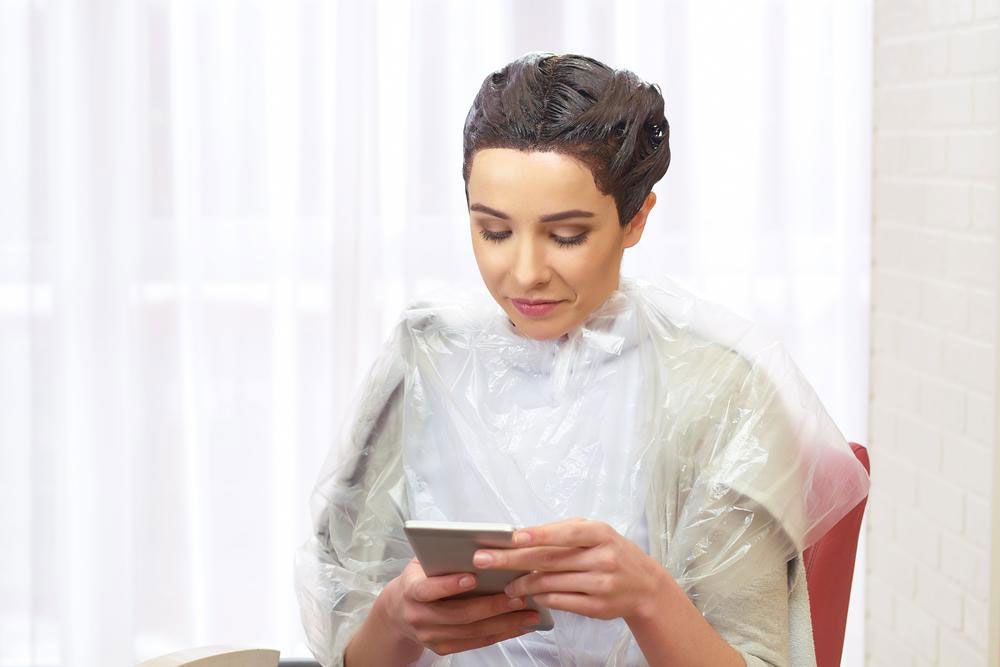
Ultimate Guide to Buying Reliable Used iPhones at the Best Prices
Acquiring a high-quality used iPhone at an affordable price can be a smart and economical decision, especially given the premium price of brand-new devices. However, successful purchasing from resellers or secondhand markets requires careful research and strategic steps to avoid common pitfalls. While new iPhones rarely see significant discounts, the used market offers opportunities to find well-maintained devices that promise both quality and value. Knowing what to look for, verifying the device’s history, and understanding key compatibility factors are essential to secure the best deal possible.
The key to getting a good deal on a used iPhone lies not only in pricing but also in ensuring the device’s authenticity, functionality, and compatibility. This comprehensive guide explores all the critical factors you need to consider to make a confident purchase—be it through online marketplaces, local resellers, or secondhand shops.
Understanding Carrier Compatibility
When purchasing a used iPhone, the first factor to consider is network compatibility. Most iPhone models released since the iPhone 5 are compatible with major US carriers like AT&T, T-Mobile, and Verizon. However, specific models may vary in their LTE band support or network locking status. To avoid future connectivity issues, always verify the original carrier and whether the device is unlocked or carrier-locked. You can check the model number, usually inscribed on the device’s SIM tray or settings, and use online databases to confirm carrier compatibility before making a purchase.
Another critical aspect is the device’s history, particularly whether it has been reported stolen or linked to any security issues. Apple’s activation lock system helps prevent stolen phones from being used or activated without the owner’s credentials. Before completing a purchase, always request the device’s IMEI or serial number and verify its status through official channels or trusted third-party services. This step protects you from inadvertently buying a stolen or blacklisted device.
In addition to security checks, consider the warranty status and whether any secondary warranties or protection plans are available. While older iPhone models like the iPhone 7 and iPhone 8 are more budget-friendly options, ensure that the device meets your specific needs—be it camera quality, battery life, or software support—without compromising essential features.
Condition assessment is also key. Carefully examine the physical state of the device—look for screen cracks, battery health, camera performance, and overall wear and tear. Request detailed photos if buying online and test all features in person if possible. When the price and device quality align, proceed confidently with activation, knowing the device has been thoroughly vetted. This way, you’ll enjoy a reliable, refurbished, or well-maintained used iPhone without sacrificing performance or security.
